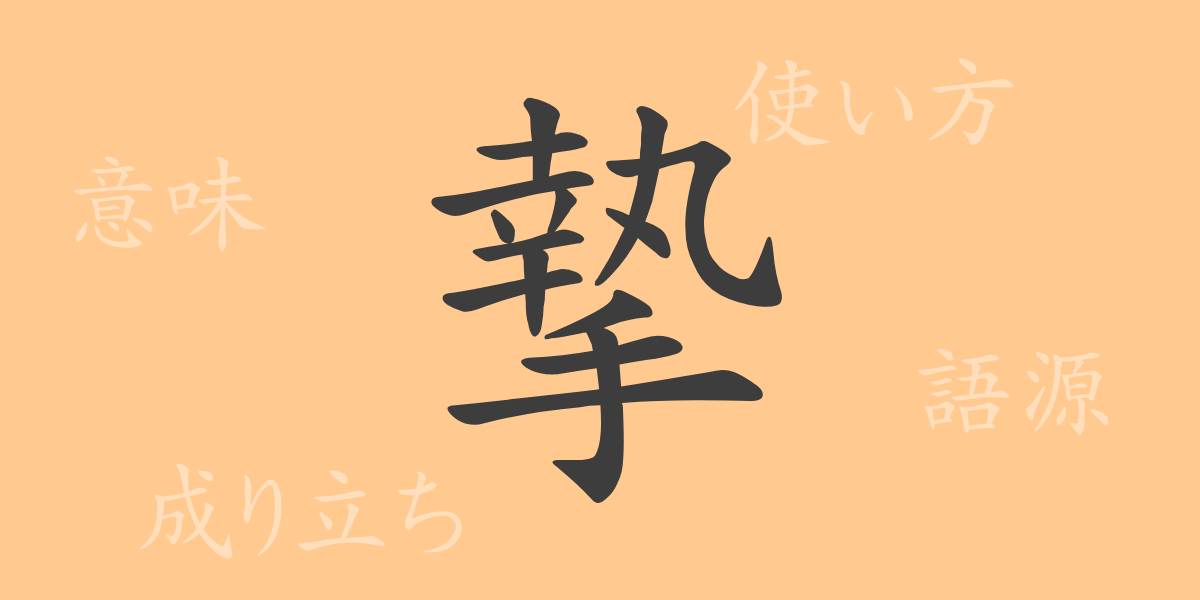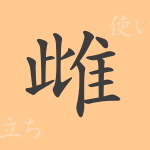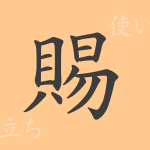Japanese contains many kanji characters, each with its unique history and meaning. Among them, the kanji “摯(し)” is included in the list of commonly used kanji in Japan and is often seen in literary or formal contexts. However, its usage is not very frequent, and therefore, not many people may fully understand its meaning and usage. This article delves into the kanji “摯(し),” exploring its origins, meanings, usage, readings, and related idioms and expressions to uncover the full depth of this beautiful character.
Origins of 摯(し) (Etymology)
The kanji “摯(し)” originates from ancient China and is considered an ideographic character derived from pictographs. It was originally said to depict a hand holding a bow, symbolizing the act of shooting an arrow. Over time, it evolved into its current form. The combination of “hand” and “arrow” in this kanji symbolizes treating something with care or confronting something earnestly. Its origin connects to meanings of “sincerity” and “earnestness.”
Meaning and Usage of 摯(し)
The kanji “摯(し)” often means seriousness or sincerity, as seen in the word “真摯(しんし)” (earnestness). It is used to describe a person’s character or attitude, indicating a serious and sincere approach to things. It can also express putting one’s heart into something or doing something with heartfelt sincerity. Expressions using “摯(し)” are found in literary works, official documents, and speeches. While these expressions can give a formal impression, they also add a sense of weight and gravity to the words.
Readings, Stroke Count, and Radical of 摯(し)
The kanji “摯(し)” is one that you should remember well due to its complex reading and structure compared to more common kanji.
- Reading: The on’yomi (音読み) reading is “シ(し),” and there is no kun’yomi (訓読み) reading.
- Stroke count: 15 strokes
- Radical: 手(てへん), which is related to hands.
Idioms, Phrases, and Proverbs Using 摯(し)
Idioms and phrases containing “摯(し)” are used in various contexts to convey deep meanings. For example, “真摯(しんし)” represents a serious and sincere attitude, “摯実(しじつ)” denotes being genuinely honest, and “摯愛(しあい)” signifies deep affection. These words are used to describe a person’s character, behavior, and relationships, suitable for conveying respect and deep emotions towards others.
Conclusion on 摯(し)
The kanji “摯(し)” has a rich history and plays an important role in modern Japanese. Symbolizing sincerity and earnestness, “摯(し)” moves people’s hearts and adds weight to words. By understanding the meaning and usage of “摯(し),” you can achieve richer expression and appropriate use in various situations. Knowing the unique charm of each kanji is highly valuable in handling language.

























